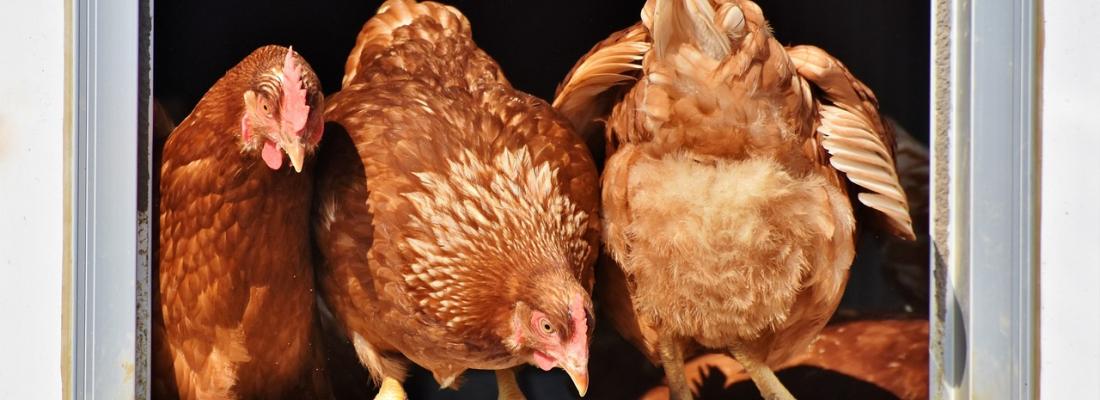Food, Global Health Reading time 3 min
Poultry farming: better understanding and treating an emerging infectious bacterium
Published on 16 February 2023

Enterococcus cecorum causes locomotor dysfunction and blood poisoning (i.e., septicaemia) in poultry, especially in fast-growing broilers. This pathogen has become progressively more problematic, as its incidence has risen 100-fold in 15 years.
Naturally present in the digestive tract of chickens, E. cecorum largely remains a biological black box for scientists, although certain strains seem to have greater pathogenic potential. Consequently, researchers at INRAE and ANSES have joined forces to find out more about this bacterium.
Deciphering DNA differences
First, the scientists characterised the genetic diversity found in E. cecorum strains circulating on French farms. To this end, they studied 100 strains isolated from sick animals. Strains of disease-causing bacteria are known as clinical variants; strains that do not cause disease are called non-clinical variants. Next, the variants’ genomes were compared to create a comprehensive list of the bacterium’s genes and identify those shared by all strains.
The results clearly revealed that clinical and non-clinical variants have followed distinct evolutionary trajectories. Among the clinical variants are most of the bacteria responsible for infections not just in France, but also in other European countries as well as in the US.
The scientists then identified six genes that could determine a variant’s evolutionary origin 94% of the time, information that will facilitate farm monitoring efforts. They also described antibiotic resistance genes, data that can guide the development of targeted treatments.
Assessing antibiotic resistance
The researchers had gained knowledge about resistance-conferring genes in the clinical variants, but the state of affairs in non-clinical variants remained unknown.
Thus, in a second study, they tested the effects of antimicrobial compounds on over 200 variants. The goal was to develop better methods for identifying antibiotic-resistant variants. To this end, minimum inhibitory concentrations, inhibition zone diameters and epidemiological cut-offs were established.
These thresholds were determined for 29 antimicrobial compounds. This work underscored that many variants display resistance to the antibiotics used on livestock farms. That said, this resistance is not directed against the antibiotics used to treat humans.
Taken together, these two complementary studies illustrate the evolutionary dynamics of this bacterium, whose populations now harbour infectious variants. Their findings have shed light on genetic diversity and antibiotic resistance in E. cecorum and will help prevent and control severe infections.
References
Laurentie J, Mourand G, Grippon P, Furlan S, Chauvin C, Jouy E, Serror P, Kempf I. 16 February 2023. Determination of epidemiological cutoff values for antimicrobial resistance of Enterococcus cecorum. J Clin Microbiol https://doi.org/10.1128/jcm.01445-22.
Laurentie J, Loux V, Hennequet-Antier C, Chambellon E, Deschamps J, Trotereau A, Furlan S, Darrigo C, Kempf F, Lao J, Milhes M, Roques C, Quinquis B, Vandecasteele C, Boyer R, Bouchez O, Repoila F, Le Guennec J, Chiapello H, Briandet R, Helloin E, Schouler C, Kempf I, Serror P. 16 February 2023. Comparative genome analysis of Enterococcus cecorum reveals intercontinental spread of a lineage of clinical poultry isolates. mSphere https://doi.org/10.1128/msphere.00495-22.
